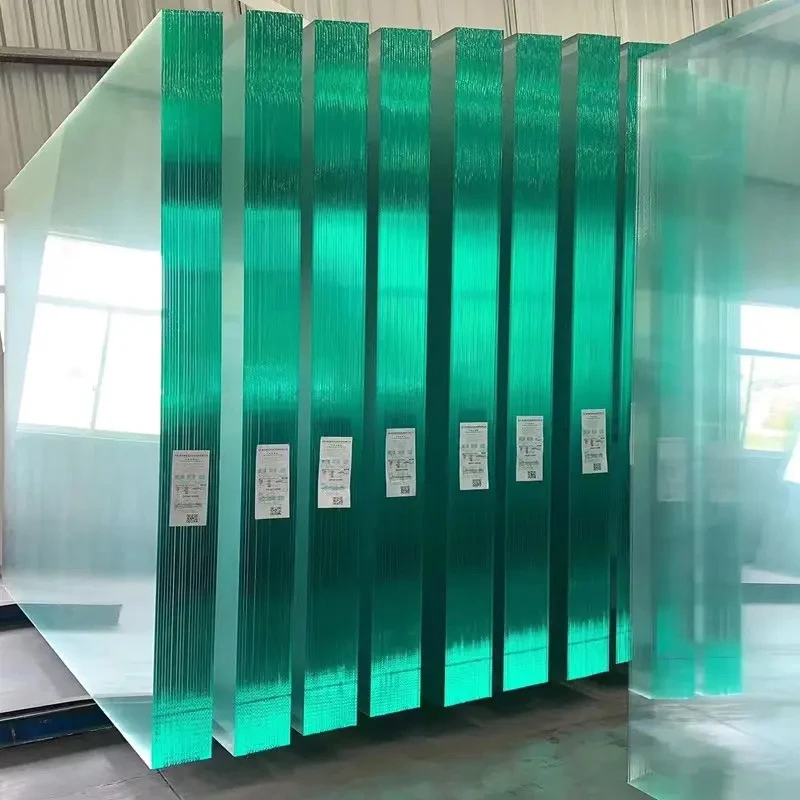The Allure of Mirror Glass
In our modern world, few materials encapsulate the blend of beauty and functionality as effectively as mirror glass. This intriguing substance serves not only as a reflective surface but also as an artistic medium that transforms the spaces around us, making it a staple in architecture, interior design, and art.
Mirror glass, crafted by applying a thin layer of metallic coating to the back of clear glass, has been a popular choice since the time of ancient civilizations. From the polished bronze mirrors of ancient Egypt to the exquisite Venetian glass mirrors of the Renaissance, the evolution of this material reflects our changing aesthetic values and technological advancements. Today’s mirror glass offers an array of finishes, tints, and applications that cater to diverse tastes and needs.
One of the most compelling features of mirror glass is its ability to manipulate light and perception
. When strategically placed in a room, it can create an illusion of space, making areas appear larger and more open. This quality is particularly valued in urban environments where space is at a premium. Designers often use mirror glass to enhance both residential and commercial spaces, creating airy atmospheres that invite tranquility and elegance. In smaller rooms, mirrors can bounce light around, brightening even the darkest corners, contributing to a sense of well-being.
mirror glass
Moreover, mirror glass serves as a versatile design element. Its reflective surface can complement a myriad of styles—from sleek modernism to timeless classical. It can be incorporated into furniture, such as mirrored tables and cabinets, as well as used in wall art and decorative accents. The juxtaposition of mirror glass with other materials, such as wood or metal, can create visually striking contrasts that enrich an interior’s character.
In addition to its aesthetic value, mirror glass has practical applications in various industries. For instance, it is widely employed in automotive and architectural design, providing not only safety and efficiency but also enhancing the visual appeal of infrastructures. In the realm of technology, advancements in mirror glass have paved the way for innovative solutions, including energy-efficient windows that reflect solar heat, contributing to sustainable building practices.
As we delve into the realm of art, mirror glass takes on a new dimension. Artists utilize its reflective properties to challenge perceptions and engage audiences. Through installations that incorporate mirror glass, viewers are invited to see themselves within the artwork, establishing a dialogue between the audience and the piece. This interactive quality transforms the experience of art, reinforcing the connection between the observer and the observed.
In conclusion, mirror glass is more than just a simple reflective surface; it is a remarkable material that embodies artistic expression, functional design, and technological innovation. Its versatility and beauty have made it an enduring favorite in various fields, from architecture to fine art. As we look to the future, the possibilities for mirror glass seem endless, promising to continue captivating and inspiring us in countless ways. In a world that often rushes by, mirror glass invites us to pause, reflect, and appreciate the beauty that surrounds us.
 Afrikaans
Afrikaans  Albanian
Albanian  Amharic
Amharic  Arabic
Arabic  Armenian
Armenian  Azerbaijani
Azerbaijani  Basque
Basque  Belarusian
Belarusian  Bengali
Bengali  Bosnian
Bosnian  Bulgarian
Bulgarian  Catalan
Catalan  Cebuano
Cebuano  Corsican
Corsican  Croatian
Croatian  Czech
Czech  Danish
Danish  Dutch
Dutch  English
English  Esperanto
Esperanto  Estonian
Estonian  Finnish
Finnish  French
French  Frisian
Frisian  Galician
Galician  Georgian
Georgian  German
German  Greek
Greek  Gujarati
Gujarati  Haitian Creole
Haitian Creole  hausa
hausa  hawaiian
hawaiian  Hebrew
Hebrew  Hindi
Hindi  Miao
Miao  Hungarian
Hungarian  Icelandic
Icelandic  igbo
igbo  Indonesian
Indonesian  irish
irish  Italian
Italian  Japanese
Japanese  Javanese
Javanese  Kannada
Kannada  kazakh
kazakh  Khmer
Khmer  Rwandese
Rwandese  Korean
Korean  Kurdish
Kurdish  Kyrgyz
Kyrgyz  Lao
Lao  Latin
Latin  Latvian
Latvian  Lithuanian
Lithuanian  Luxembourgish
Luxembourgish  Macedonian
Macedonian  Malgashi
Malgashi  Malay
Malay  Malayalam
Malayalam  Maltese
Maltese  Maori
Maori  Marathi
Marathi  Mongolian
Mongolian  Myanmar
Myanmar  Nepali
Nepali  Norwegian
Norwegian  Norwegian
Norwegian  Occitan
Occitan  Pashto
Pashto  Persian
Persian  Polish
Polish  Portuguese
Portuguese  Punjabi
Punjabi  Romanian
Romanian  Russian
Russian  Samoan
Samoan  Scottish Gaelic
Scottish Gaelic  Serbian
Serbian  Sesotho
Sesotho  Shona
Shona  Sindhi
Sindhi  Sinhala
Sinhala  Slovak
Slovak  Slovenian
Slovenian  Somali
Somali  Spanish
Spanish  Sundanese
Sundanese  Swahili
Swahili  Swedish
Swedish  Tagalog
Tagalog  Tajik
Tajik  Tamil
Tamil  Tatar
Tatar  Telugu
Telugu  Thai
Thai  Turkish
Turkish  Turkmen
Turkmen  Ukrainian
Ukrainian  Urdu
Urdu  Uighur
Uighur  Uzbek
Uzbek  Vietnamese
Vietnamese  Welsh
Welsh  Bantu
Bantu  Yiddish
Yiddish  Yoruba
Yoruba  Zulu
Zulu 

